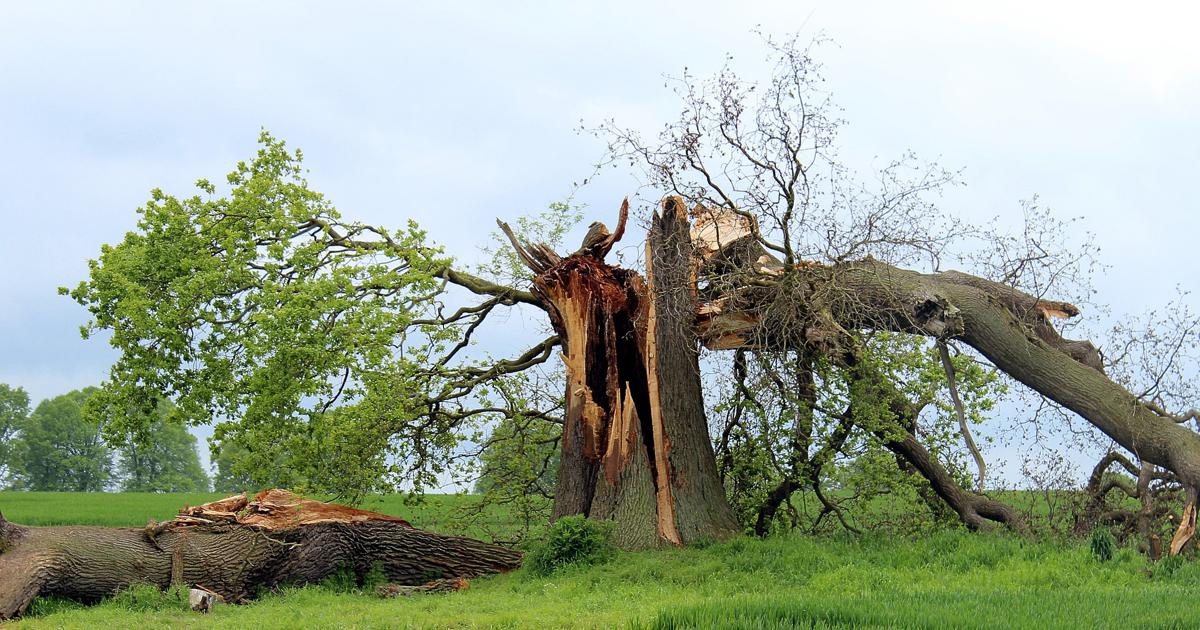
When you experience failure, loss, or a serious setback do you see it as temporary or permanent? Is failure an event or who you are? Is it a learning or crushing experience? Does it traumatize you or become a springboard for growth?
Confucius said, “our greatest glory is not in never falling, but in rising every time we fall.” That’s the thinking behind Japan’s Daruma Doll, a good luck charm with a rounded bottom. When knocked down, it bounces right back upright.
We tend to think of unwavering steadfastness and never-say-die persistence as important leadership qualities. To a point, they are. But resilience in the face of the hurricane-force winds of change is as often about being flexible like a palm tree rather than unbending like an oak.
Like so much of life, it’s about balance. W.C. Fields was on to something about resilience when he quipped, “If at first you don’t succeed, try again. Then quit. No use being a damn fool about it.” Sometimes the wisest thing to do is to let it storm, find shelter, and look for an alternate route to our dream. Maybe it wasn’t even the right dream; we may need to accept what the universe is trying to tell us and reset our destination.
Psychologists Gregory Miller and Carsten Wrosch contrasted and studied people who are relentless and unbending and people who accept and flex with life’s twists and turns. They found that flexible people were much healthier than their steadfast counterparts. Stress levels were quite a bit lower, and a protein indicating bodily inflammation linked to diabetes and heart disease was much lower. The flexible, resilient group was able to bounce back more effectively from serious defeats, less likely to dwell on the past, set new goals, and get on with their lives.
Professor, social psychologist, and positive psychology researcher, Barbara Fredrickson, has found,
“resilient people are the ones who bend without breaking and who eventually bounce back from even the most difficult life challenges. Instinctually, they can see some form of light in the darkness they face. In study after study, my collaborators and I find that it is precisely this infusion of positive emotions into negative emotional terrain that drives resilient people to bounce back.”
How we use the F-word (failure) has a major impact on our personal, team, and organizational effectiveness. Failures are inevitable. Suffering is optional.
_________________________________________________________
For over three decades, Jim Clemmer’s keynote presentations, workshops, management team retreats, seven bestselling books, articles, and blog have helped hundreds of thousands of people worldwide. The Clemmer Group is the Canadian strategic partner of Zenger Folkman, an award-winning firm best known for its unique evidence-driven, strengths-based system for developing extraordinary leaders and demonstrating the performance impact they have on organizations.



.png)




